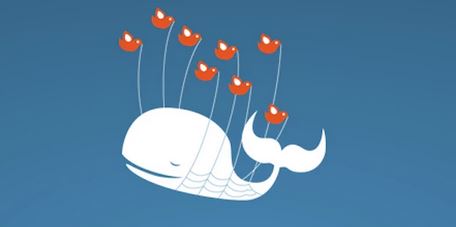
Let’s face it, things have gotten weird with the Internet lately (and all things related – like the Web, apps, and social media). We used to have a great thing going! Now, Internet, you’ve become clingy, stalkerish, irrational, and carelessly share my personal info.
The rant could turn into a much longer post, but I’ll focus here on a subset of the complaints, namely four words that no longer mean the same things, largely due to Internet tech and culture.
Read on below, and I’d love it if you can share your thoughts and any other words that no longer have the same meaning.
Meme
When I was coming up in the world of PR I became fascinated with the field of memetics. Here was a science, or at least theory (famously postulated by Richard Dawkins, in his book The Selfish Gene) that claimed to explain how ideas propagate.
Understand memetics, I thought, and I will be the PR whisperer; able to make buzz and even press releases catch on and spread far and wide (as I further detailed in this post). Flash forward twenty or so years and it is not well-intentioned if sometimes annoying US marketers who’ve mastered memetics. It is the Russians, as they so ably proved in the last election – when they infected social media to try to influence the outcome.
But my complaint is not about the science – if memetics was ever a real one. It is the word meme, which is the atomic unit of memetics. Like it’s
Anyway, that was the idea. Now they have come to signify the junk food of the Internet, silly distractions, or propaganda shared by political zealots.
Influencer
Now I’m afraid I’m starting to sound like cranky old dude… “Sonny, when I was young…”
Seriously, the kids think they invented things like content and influencer marketing – but these staples existed long before the online world (one of the early examples of the former was the Michelin Guide, which promoted travel and sold tires in 1900, as explained in the Wikipedia definition).
The influencer used to be someone who was, well, influential in a field – an industry analyst, educator, executive, reporter, etc. Now I think most people equate the term with social media influencer – anyone with a big Instagram following who shills for a brand. Real influence is about more than just a number, I wrote a while back.
News and Truth
The last two are related, so I am grouping them here.
Just a few years ago, there was little debate about the meaning of news and truth. The Internet killed these things, with the help of cynical politicians and scheming Russians. Some would also argue that social media platforms ate news media for lunch (who are punching back with some scathing articles recently – e.g. see this USA Today story, this one from BuzzFeed, and this CBS News piece).
Today we have fake news and alternative facts. A couple of years ago I wrote: it’s the end of the truth as we know it, about the failed promise of the internet, as a public commons to crowdsource knowledge and wisdom.
Just witness the struggles of the social media platforms as they attempt to mediate the flood of content and separate lies from
I also wrote: Facebook redefines news, and PR will never be the same, and about the challenges of agreeing on a definition of “news” in My Take on the Fake News debate.
Would we be wondering about these things just a few short years ago? In the words of the Grateful Dead, what a long, strange trip it’s been.


